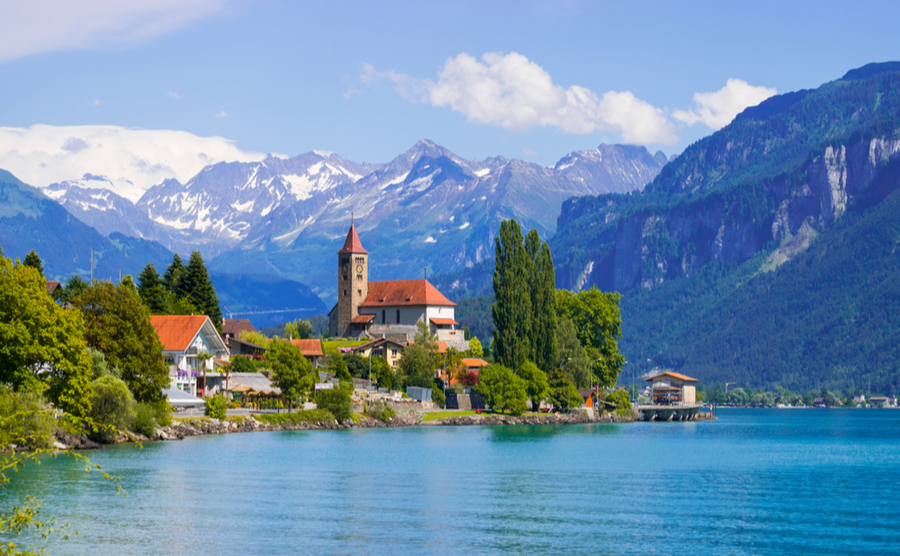How does the buying process in Switzerland work?
Switzerland is home to some of the world’s most exclusive properties, whether it’s the luxurious chalets and penthouses of Gstaad, Verbier and Klosters, or chic apartments and spacious family homes in Geneva, Zurich and Bern. However, this beautiful Alpine nation has very specific rules around buying (and who can buy), so it’s important to plan ahead. Here’s how the property buying process in Switzerland works.
Who can buy property in Switzerland?
Swiss citizens, EU/EFTA citizens and holders of a valid residence permit (usually class B or C) can buy any legal home without permission as their permanent residence.
Looking for a second home? Then you’ll need to obtain a permit – and, if you’re living outside Switzerland, you’ll need to make sure the area you’re buying is classified as a tourist area. Foreign citizens can buy any home that has a plot of up to 1,000m2 and a ‘habitable area’ (ie, the living space itself) of up to 200m2.

Beautiful Brienz, in Switzerland.
Some cantons also have their own rules (as do some communes). For example, Berne and Obwalden are ideal for anyone flipping homes, as they allow you to sell immediately, by just paying slightly higher capital gains taxes. On the other hand, Valais and Vaud expect buyers to wait five years before selling, unless in case of something like a severe illness.
What is the situation with building second homes?
Providing you hold the appropriate permission, you can buy land to build your dream home, but you do need to start the building within one year. The Lex Weber, which came into force in 2012, means second homes can only be built in communes where fewer than 20% of the existing housing stock is second homes. This helps to protect the character of many areas – and means, for investors, that supply will always remain relatively controlled, so there should never be a problem of oversupply.
What are the main steps to buy a home in Switzerland?
There are six key steps to follow when buying property in Switzerland:
- Contact estate agents: Start viewing homes online and contacting estate agents whose portfolios appeal. A good agent will have detailed discussions about your requirements and understand what you want from your property and new lifestyle, and will have experience dealing with high net worth, international buyers. Take advantage of events like The Luxury Property Show to make these connections in person.
- Plan your finances: If the exchange rate moves significantly between you placing an offer and paying, you could find the eventual price significantly altered. A specialist currency company can help you protect your capital against market vagaries with a forward contract, securing a fixed exchange rate for the future.
- Appoint your notary and apply for permissions: Appoint your chosen notary, a neutral representative of the State, who will ensure documents are drawn up in the correct manner and witness and register the purchase. They will also help you apply for any national, cantonal and communal permissions that you need.
- Make an offer: Once you find the property you like, put in your offer. You’ll sign a reservation contract, normally, which guarantees that the vendor will take it offer the market. You’ll have a small cooling-off period. At the same time as signing, you’ll pay a small reservation deposit, too.
- Sign the deed of sale. Once you decide to proceed, you and the vendor will sign the final sale deed, under supervision of the notary. S/he will also register the transferal of ownership in the Land Registry.



